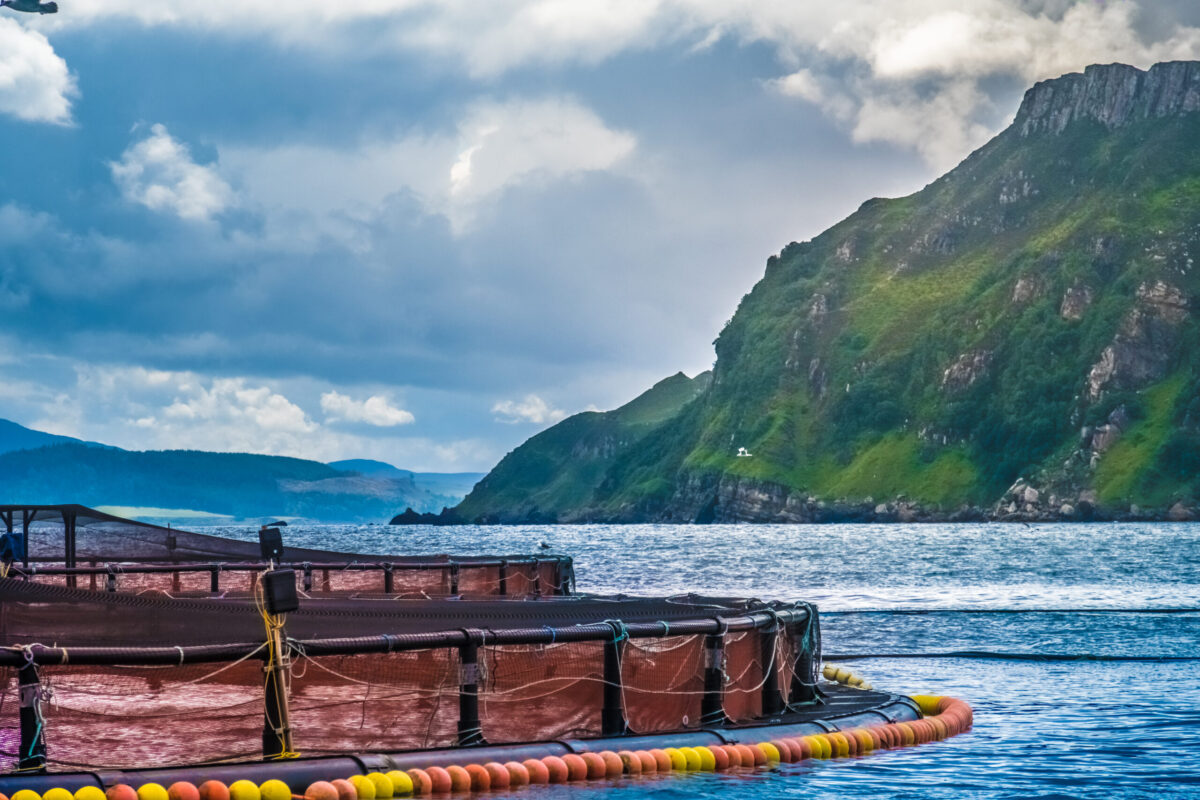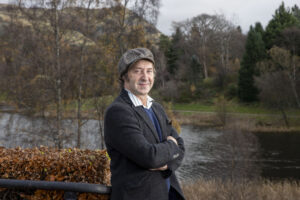New funding to tackle UK aquaculture issues

A £4.6 million fund, aimed at bringing academia and industry together to tackle key challenges facing UK aquaculture, is being made available.
Researchers and their industrial partners working in sustainable aquaculture are set to benefit from a share of this new Biotechnology and Biological Sciences Research Council (BBSRC) investment.
The Sustainable Aquaculture Partnerships for Innovation fund will support 10 projects designed to address specific issues facing British aquaculture, including disease prevention and animal welfare.
All funded projects include at least one partner from industry who will contribute at least 10% cash or in-kind to the full economic cost of the project.
Among the funded projects is a 24-month consortium, which will help to address the health and welfare impact of plankton on aquaculture by using:
- novel imaging approaches
- artificial intelligence
- mathematical models and
- real-time web-based reporting.
The project has applicability to a diverse range of areas and international applications and could benefit the shellfish aquaculture industry.
Elsewhere, researchers will explore how regulating exposure to light can help tackle some of the challenges posed by infectious diseases on salmon farms.
Previous research underpinning the project has shown that juvenile trout exposed to continuous light were less resistant to skin parasites.
Another project will bring together a large consortium of seaweed producers from around the UK, Sweden, and Norway to research ways to boost red seaweed cultivation.
This will include the use of:
- novel culturing strategies
- hatchery technology
- contamination control, microbiome engineering and
- predatory microorganisms for disease control.
Dr Lee Beniston, Associate Director of Industry Partnerships and Collaborative R&D at BBSRC, said: “Advances in aquaculture technology and innovative approaches have enormous potential to provide the UK, and the world, with a more sustainable, diverse, and healthy source of nutrition.
“This will support ambitions in areas such as food security through to the health of the nation.”
He added: “We are pleased to be investing, alongside businesses, in these exciting research and innovation projects which will catalyse and drive innovation across the aquaculture industry.”
The Project partners include key players in the sector such as Scottish Sea farms, Bakkafrost, Mowi and Salmon Scotland.
Other groups such as the University of Stirling’s Institute of Aquaculture, where scientists will work with industry partners on three of the 10 projects funded by BBSRC investment, are involved.

Professor Simon MacKenzie (pictured), Head of the Institute of Aquaculture at the University of Stirling, will lead a project aimed at improving gill health in Atlantic salmon, a partnership with PatoGen and Bakkafrost.
Fellow Dr Adam Brooker will lead a team working with Bakkafrost and Garrett Brothers to improve fish welfare in salmon aquaculture using on-demand, electric-powered aeration.
Professor Dr Monica Betancort will head up a project to research the use of camelina omega-3 oil for optimal heart and gill health, in partnership with Biomar.
Dr Betancort said: “I would like to thank BBSRC for giving me the opportunity to pursue this very exciting project.”
Dr Lee Beniston, Associate Director of Industry Partnerships and Collaborative R&D at BBSRC, said: “Advances in aquaculture technology and innovative approaches have enormous potential to provide the UK, and the world, with a more sustainable, diverse, and healthy source of nutrition.
“This will support ambitions in areas such as food security through to the health of the nation.”

